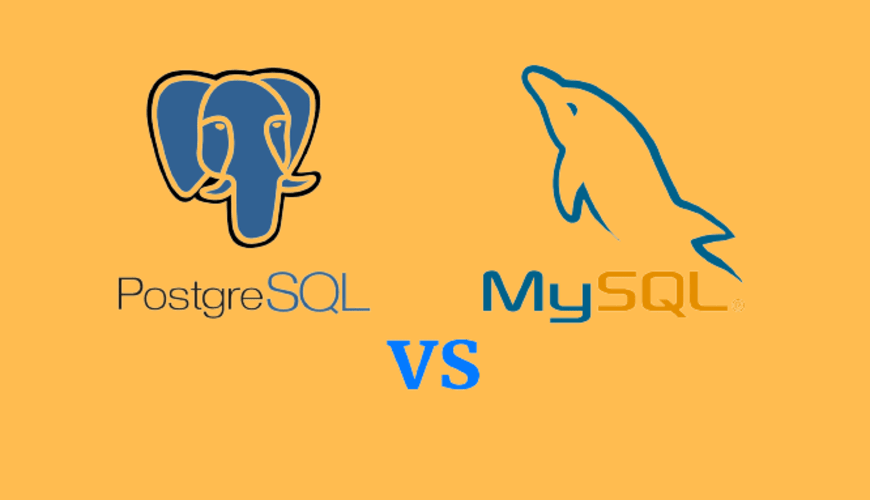


Title: PostgreSQL vs. MySQL: Which SQL Platform Should You Use?
Introduction:
When it comes to choosing an SQL platform for your database management needs, two popular options that often come up are PostgreSQL and MySQL. Both platforms have their strengths and are widely used in various industries. In this blog post, we will compare PostgreSQL and MySQL, highlighting their key features, performance, scalability, and community support, to help you make an informed decision about which SQL platform is the right fit for your project.
1. Data Integrity and Reliability:
PostgreSQL is known for its robustness in terms of data integrity and reliability. It enforces strict data validation and offers advanced features like constraints, triggers, and foreign key support. On the other hand, while MySQL also provides data integrity features, it may require additional configurations to achieve the same level of strictness as PostgreSQL.
2. Performance and Scalability:
MySQL has traditionally been favored for its high-performance capabilities, particularly in read-heavy workloads. It excels in situations where fast read and write operations are required. However, PostgreSQL has made significant performance improvements in recent years and is now considered comparable to MySQL in most scenarios. Moreover, PostgreSQL's advanced indexing options and query optimization techniques make it a strong contender for complex and large-scale applications.
3. SQL Standard Compliance:
PostgreSQL has a reputation for being highly compliant with SQL standards, adhering closely to ANSI SQL. It offers a wide range of SQL features and supports advanced data types, including arrays, hstore, and JSON. MySQL, while conforming to the SQL standard, has historically taken a more relaxed approach, focusing on practical usability and ease of use.
4. Community and Ecosystem:
Both PostgreSQL and MySQL have active and supportive communities, with a vast array of online resources, forums, and user groups. MySQL, being around for a longer time, has a larger community and a well-established ecosystem of tools and frameworks. However, PostgreSQL's community is growing rapidly, and it benefits from the backing of major organizations like EnterpriseDB and the PostgreSQL Global Development Group.
5. Use Cases:
PostgreSQL is often favored for applications that require advanced data modeling, complex queries, and heavy data analysis. It is a popular choice for enterprise-level applications, scientific research, and data warehousing. MySQL, on the other hand, is widely used in web development, content management systems, and smaller-scale applications that prioritize ease of use and performance.
Conclusion:
Choosing between PostgreSQL and MySQL ultimately depends on the specific needs and requirements of your project. If you prioritize data integrity, complex queries, and scalability, PostgreSQL may be the better choice. If you require high-performance in read-heavy workloads and prefer a more relaxed approach to data integrity, MySQL can be a solid option. Consider your project's requirements, performance expectations, and community support when making your decision. Both platforms have proven track records and can effectively handle a wide range of applications, so choosing either PostgreSQL or MySQL will likely lead to a successful database management solution.
0 comments